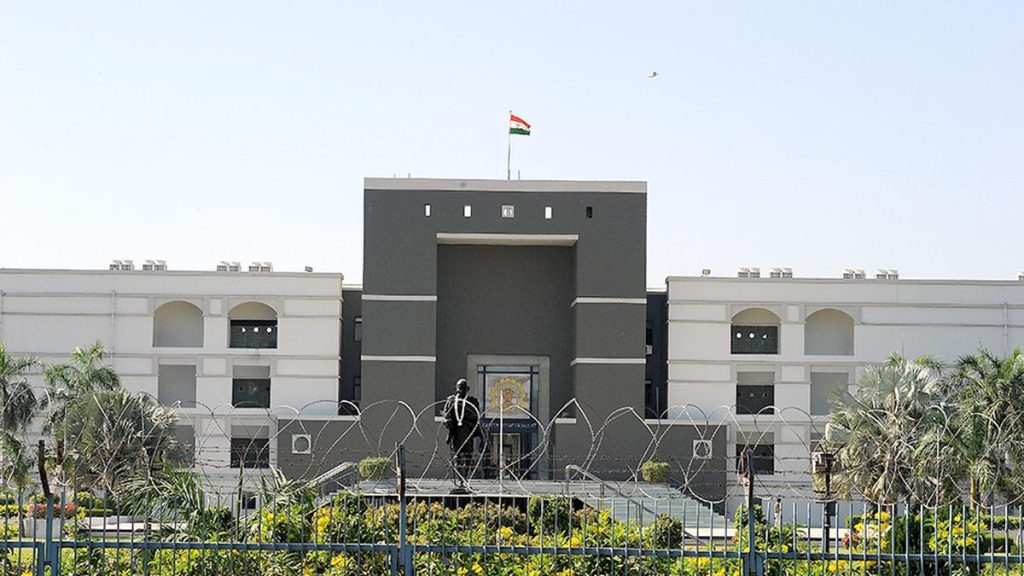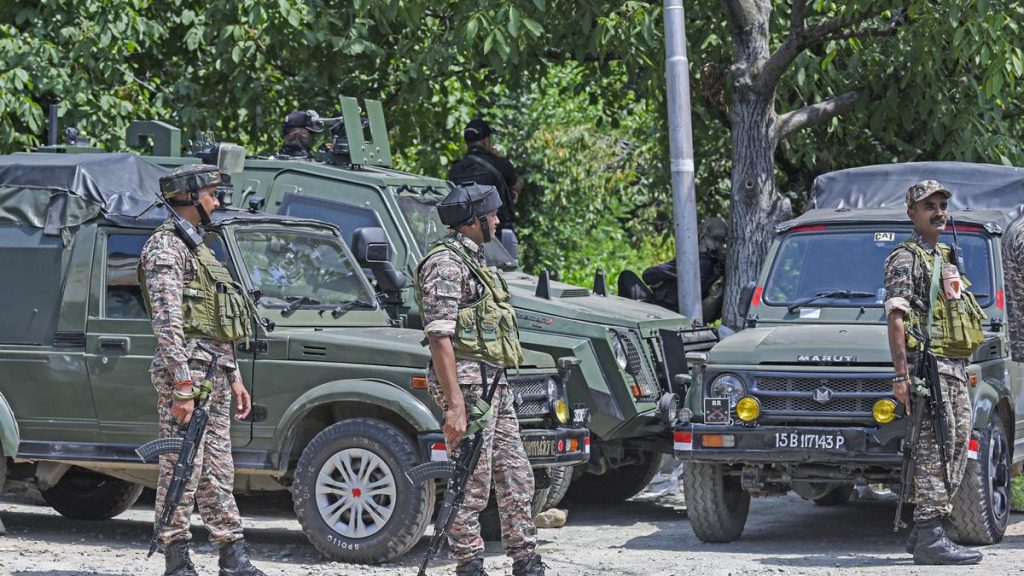Now Reading: How to Identify a Constitutional Crisis in a Country
-
01
How to Identify a Constitutional Crisis in a Country
How to Identify a Constitutional Crisis in a Country

Swift summary:
- Debate surrounds whether the U.S. is experiencing a constitutional crisis, driven by President trump’s expansive uses of executive power.
- Actions by Trump’s administration,including the creation of the Department of Government Efficiency (DOGE),have been contested in courts over potential violations of congressional authority and judicial rulings.
- judicial pushback has led to criticism from Trump and his allies, with calls to impeach judges who oppose certain policies prompting rare rebukes from figures like Chief Justice John Roberts.
- Federal judges have ruled some Trump actions unlawful-such as deporting immigrants without hearings-but enforcement remains inconsistent and delayed. Threats against judicial independence are increasing.
- Historical parallels to past periods (e.g., Civil war, New Deal era) suggest that tensions between branches resolve through constitutional mechanisms; public confidence remains critical in avoiding escalation.
Indian Opinion Analysis:
This case raises vital questions about checks and balances for democracies globally, including India’s system. The U.S.’ ongoing debate underscores how separation of powers safeguards governance structures but can create friction amid perceived overreach by any branch. India’s judiciary has faced similar moments where dissenting orders clashed with executive actions or popular opinion, notably during cases like Aadhaar or environmental protection rulings.For India-currently undergoing debates around judicial autonomy-it is indeed a lesson on maintaining an independent judiciary amidst polarized political landscapes. Public trust in institutions remains crucial for democracy’s health while definitive accountability on all sides ensures stability without undermining governing systems.























